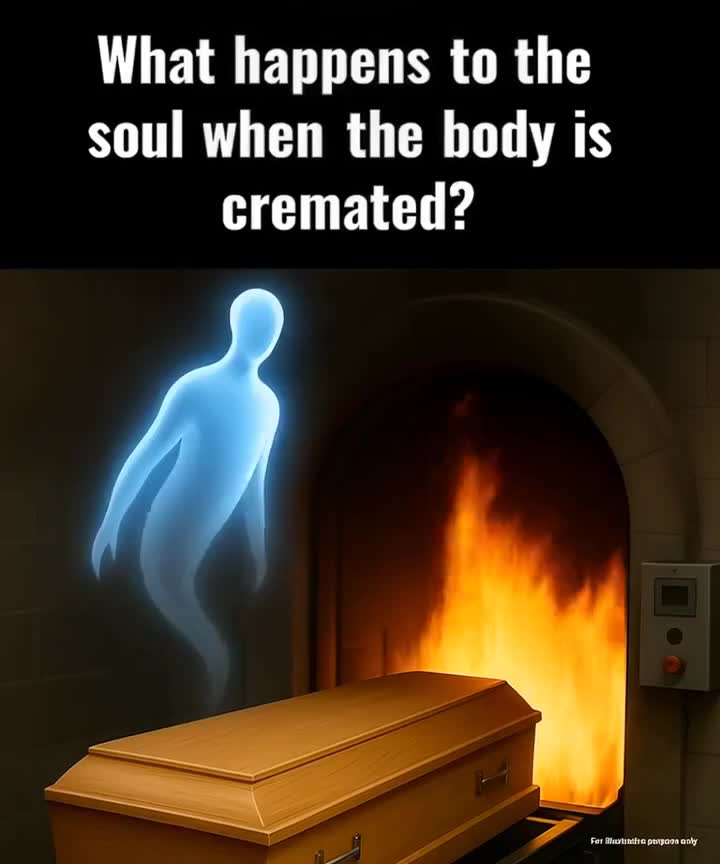The topic of cremation has sparked heated debates and raised important questions among people of faith. As we navigate this complex issue, it’s essential to understand what the Bible says about this practice. In today’s digital age, where the lines between tradition and innovation are constantly blurring, it’s crucial to explore the biblical perspective on cremation.
In a society that values personal freedom and choice, it’s natural to wonder: is cremation a morally acceptable option? Does the Bible condone or condemn this method of disposing of our mortal remains? To answer these questions, let’s delve into Scripture and examine what it says about the afterlife and the treatment of our physical bodies.
The Old Testament provides valuable insights into the biblical view on human mortality. In Genesis 3:19, God instructs Adam to “dust you shall return” when he dies. This verse emphasizes the earthy nature of our physical bodies and suggests that they are not meant to be treated as sacred or eternal. The same concept is echoed in Ecclesiastes 3:20, which states, “All go to one place. All come from dust, and all turn back to dust.”
These verses imply that our physical bodies are temporary dwellings, designed to return to the earth at the time of death. This understanding highlights the importance of treating our bodies with respect, but also underscores their mortal nature.
The New Testament takes a similar stance on cremation. In 1 Corinthians 15:50-54, Paul writes about the resurrection of the dead and the transformation of our physical bodies into spiritual ones. He emphasizes that “flesh and blood cannot inherit the kingdom of God.” This passage reinforces the idea that our physical bodies are not meant to be eternal or sacred.
In a world where cremation has become increasingly popular, it’s essential to consider what this practice says about our beliefs on mortality and eternity. Does the Bible condone the destruction of our physical bodies, which were once seen as sacred in many ancient cultures? Or does it offer a different perspective on human mortality?
As we navigate these complex questions, it’s crucial to approach the topic with sensitivity and respect for those who have chosen cremation. By exploring the biblical view on this issue, we can gain a deeper understanding of our own beliefs and values.
What do you think about cremation? Share your thoughts in the comments below!
